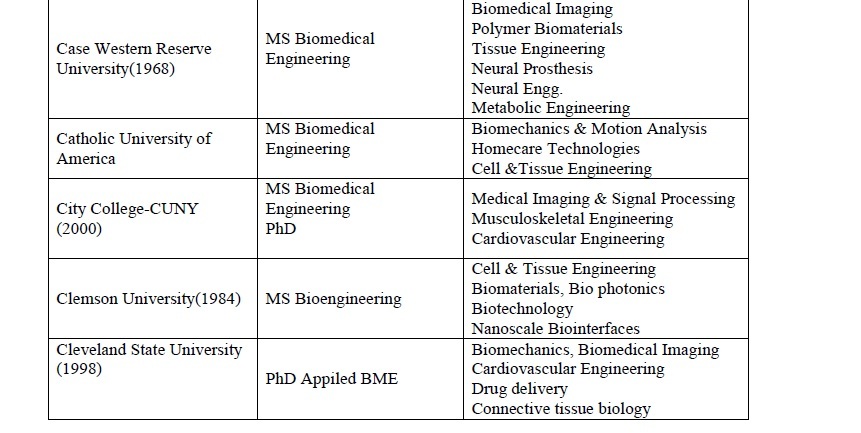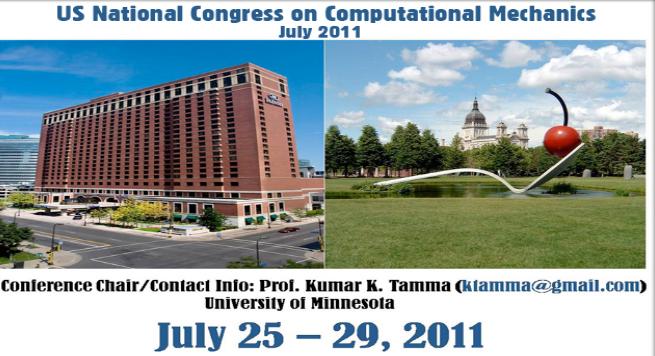PhD IN TISSUE ENGINEERING IN UNIVERSITY OF MANCHESTER
Micro-fabrication of Silk-based Scaffold Materials for Tissue Engineering: Formulation Design, Processing Control and Stem Cell Differentiation
Applications are invited for a Ph.D studentship in School of Chemical Engineering and Analytical Science (http://www.ceas.manchester.ac.uk/), and Manchester Interdisciplinary Biocentre (http://www.mib.ac.uk/), University of Manchester.
Silk produced by the domesticated silkworm, Bombyx mori, is readily available in large quantity and has a long history of use in medicine as sutures. The fibrous proteins exhibit unique mechanical and biological properties, including good biocompatibility, good oxygen and water vapour permeability, biodegradability, and minimal inflammatory reaction. Such distinctive properties, in combination with the possibility of genetic control to tailor sequence, provide an important set of material options for construction of biomaterial and scaffolds for tissue engineering. Recent experimental studies of engineering cartilage tissue using human mesenchymal stem cells (hMST) have demonstrated that silk-based scaffold materials are superior to collagen and synthetic polymer-based scaffold materials.





